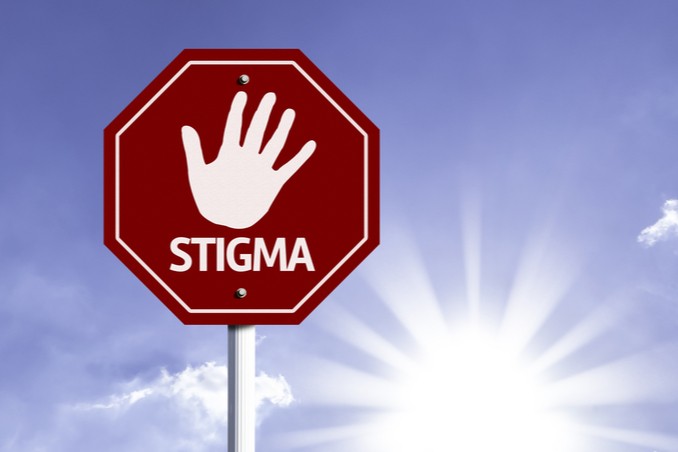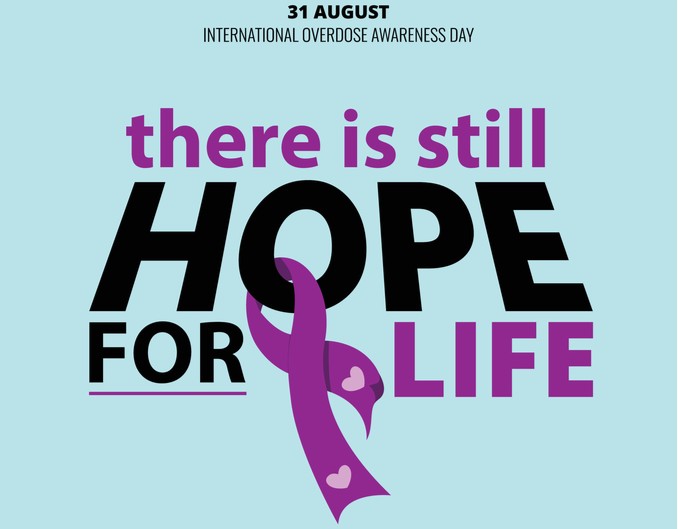Combatting Toxic Conceptions of Addiction
It was impossible for me to talk about my addiction until I ended up in the hospital with my liver on the verge of exploding. It’s hard to talk about addiction without there being some level of discomfort. Addiction is a very personal issue that affects not only us but all of the people around us. It can be an awkward subject to bring up. The stigma of addiction is unfortunately still very much alive in our society, which is why we’re writing this article on the urgent need to end the stigma of addiction, once and for all.
There are already enough obstacles to overcome in recovery, and overcoming this stigma is just another unnecessary barrier that can keep us from getting better. The wonderful and compassionate people here at Find Addiction Rehabs have helped me gain a better understanding of what we can do to smash the stigma.

The opiate epidemic has proven that ignoring the problem doesn’t work. You can ignore it for a while, but when it’s someone you love who falls victim to it, you have no choice but to educate yourself. Unfortunately for a lot of people, education and understanding don’t come until it hits close to home.
A lot of the recovery advocates I have met through my journey are there because of a tragic event. The loss of a loved one. There are countless foundations out there founded by parents who lost a child to addiction. Why must we wait until the worst possible thing happens to get educated?
Smashing the Stigma of Addiction
In a way, anybody who is going through recovery in this day and age has an advantage. Yes, there is still a stigma attached to addiction, but it isn’t nearly as bad as it was even a decade ago. There is a much more open dialogue when it comes to substance abuse. It isn’t such a hidden struggle anymore.
Many celebrities and public figures are open about their sobriety. Politicians are introducing legislation to help combat addiction and educate people on the issue. The stigma is still there, but it is slowly beginning to go away.

Support Is Out There for the Asking!
We heal ourselves through the power of conversation. In my experience, I have not met many people who go through recovery all by themselves. I know folks who have been sober for decades and still go to meetings every day. There are different philosophies out there regarding addiction.
Some rehab centers claim that they can ‘cure’ addiction. I can’t speak for anyone else, but in my experience, I don’t feel that I will ever be ‘cured’ of my addiction. It’s always there and it is a big part of my life. I am an addict, but I am no longer a ‘dope fiend’ as some called me, and I certainly do not ever ‘feen for drugs anymore. Some people see it as a negative to label yourself as such. This is why we need to change the context of that word. Being an addict does not mean you are a criminal or a loser.
Support groups for substance abuse are much more common and widespread than they used to be. I go to meetings two or three times a week on average. There are weeks when I am in a pretty good place and only go once or twice.
There are also weeks when I struggle, and try to go more often. There have been weeks where I go every day. How many meetings should you go to every week? There is no one answer for everyone. Everyone is at a different place, and it varies from meeting to meeting.
These group settings remind us that this is a process. There are some meetings where one or two people are struggling much harder than others. I find this to be a pretty common theme. If you are in a good place, you can help pick somebody up. If you’re not in a good place, you can be pretty certain that others will pick you up. You meet people from all walks of life, and no one is above anybody else. We’re all here for the same reason.
The insight that you gain through these support groups is invaluable, and depending on your circumstances, family support can be a great help as well.
We All Have A Similar Story: Listening for Yours
There is a great feeling of solidarity in the recovery community. When you are going through this kind of struggle with other people, it certainly makes it more bearable. When you go to a meeting, you are going to hear different stories that may be quite different than your own. We all get to this point under unique circumstances. Despite our different journeys, there are a lot of similarities.
Being able to identify with people who have such different stories is a reminder that we are all equal. We are all battling together, and it gives us a sense of duty.
We owe it to ourselves to stay sober, but we also owe it to the people around us to set an example. When I meet someone who is thirty years clean, it gives me hope. It lets me know that maybe I can get there someday.
When you are around like-minded people, you feel supported. Feeling isolated in recovery is a pretty normal thing. If you let it persist, it can lead to dangerous outcomes.
When you engage in substance abuse group therapy, you give yourself a great advantage. You are stripping away those feelings of isolation, and replacing them with a sense of community and teamwork. We are all stronger together.
Further Resources on Ending the Stigma of Addiction
https://www.drugabuse.gov/publications/drugs-brains-behavior-science-addiction/preface
https://magazine.medlineplus.gov/article/removing-the-stigma-from-mens-mental-health

